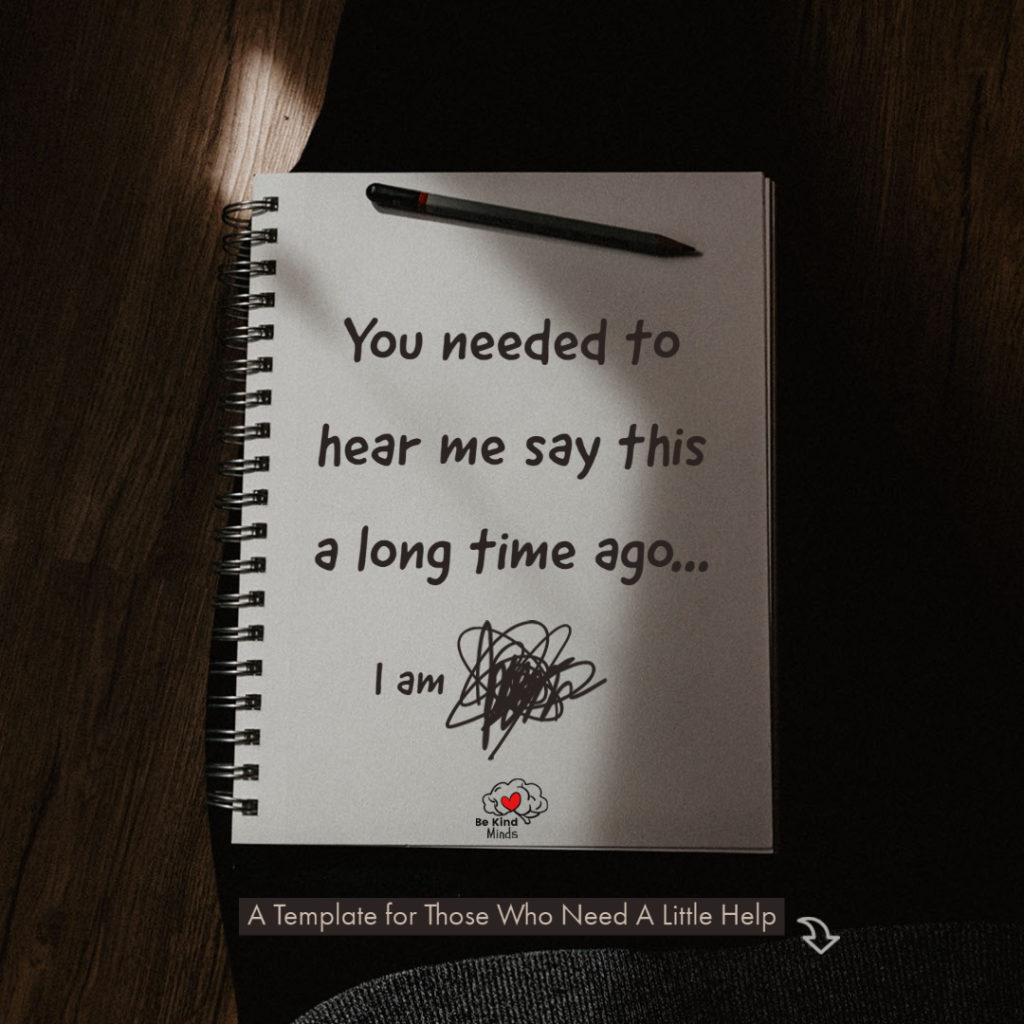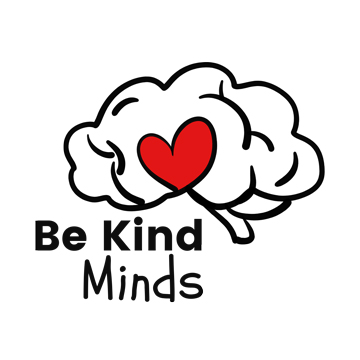Have you ever found yourself in a situation where you know you should say sorry, but you get stuck in how to begin to say it?
Did you know that it’s actually not easy for a lot of people to put words together?
A survey of American millennials by One Poll found 65% don’t feel comfortable engaging with someone face to face…
80% prefer conversing digitally. As a result of this preference in communication, these adults are less likely to understand how they’re perceived by others when their messages are received in “real life”.
Even if it’s a really important conversation to have, there are those who would rather rely on the hope alone that everything will work itself out than take the leap in being vulnerable and say “I’m sorry”.
Trying to piece together an apology can be an overwhelming task… for some, it’s a literal physical handicap – their mind shuts down when they try to piece the words together…

In much the same way I find it incredible that not everyone can visualize images in their mind when a story is told to them, not everyone can immediately narrate in their mind what they want to say in any given moment. Sitting down to write something thoughtful, actually makes a lot of people panic and their mind goes foggy, whereas for many (like myself) it seems as fluid as pouring a glass of water when thirsty. Physical gestures like giving a gift, is a much easier way of expressing themselves than becoming vulnerable with words.
Similar to this topic, I shared an article about what I call ‘the peanut butter analogy‘, which talks about a neurodivergent mind that operates in the, ‘if I can see how it’s done, I can do it.’ So below in this article, I will be sharing a few templates to help those who want to say sorry, but are intimidated by the task of putting the words together.
You can click here to jump right to that section…
Unless it’s something we’re enthusiastic about, expressing one’s self is intimidating… when the nerves set in – a lot of people instinctually look for ways to escape the situation or the conversation, because our mind gets foggy and the panic sets in. When the fight or flight switches on the conversation either escalates into an attack or a desperate act to diffuse the conflict.


When feelings have been hurt and guilt sets in, many people opt for an act of gift-giving or acting as if nothing ever happened instead of saying the words they know ideally should be said. Unfortunately, this neither validates the person/child who was hurt nor is there any positive resolution or lesson to be learned.
The real gift is in the act of being vulnerable.
It’s interesting to me the many times I have heard grown adults say, “I have never once in my life heard my mother say the words, I’m sorry.”
Maybe she thought she did? How many times have we felt we said something, only to later realize that it was only in our mind that we said those words, and our actions moved forward hoping life would take care of the rest and everything would just work itself out?
Sometimes people genuinely believe that doing something like giving a gift says the words for them… but often what makes us the most uncomfortable, and what we know we should do but don’t understand how is exactly what we need to do to really make a positive and healing impact.
What If They Don’t Believe Me or I Appear No Longer In Authority?
Historically, parents have been afraid that saying the words “I’m sorry”, would make them look weak, or strips them of their authority.
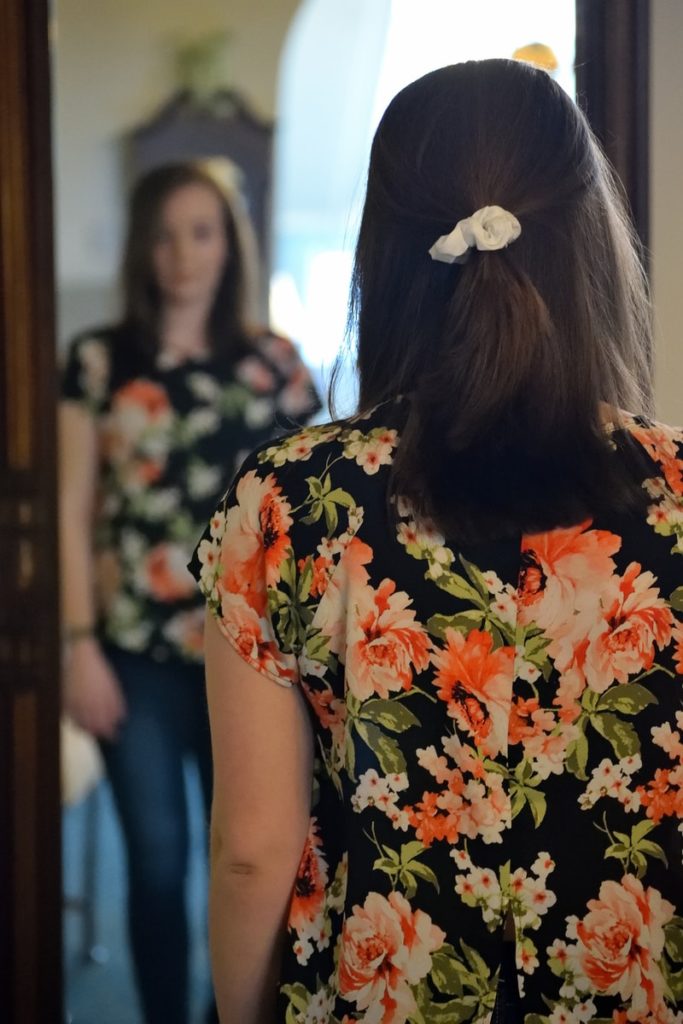
We as adults know that we’re just grown-up bigger children, still afraid of making mistakes, still desperately wanting to do everything right and impress those who lead us.
When we’re given a monumental responsibility of being a leader to innocent children, it’s understandable that we always want to feel in control and see only the good in our efforts, and hope and pray the bad disappears, right?
Maybe you feel that if they can’t see that you’re imperfect already, the fault is on them for not seeing it… the important thing to know here is that children are not always capable of instinctually ‘knowing’ what is common sense to our fully developed adult brains. In fact, a child’s brain doesn’t complete its development until the age of 25-28 years old. The last area of the brain to develop is the Prefrontal Cortex – the area responsible for logic, empathy, compassion, and self-regulation. So that older child that you feel offended for lashing back at you? Keep in mind that their brain is still building itself, your example can help them understand how to correctly respond to life and relationships by how you choose to respond back to them.
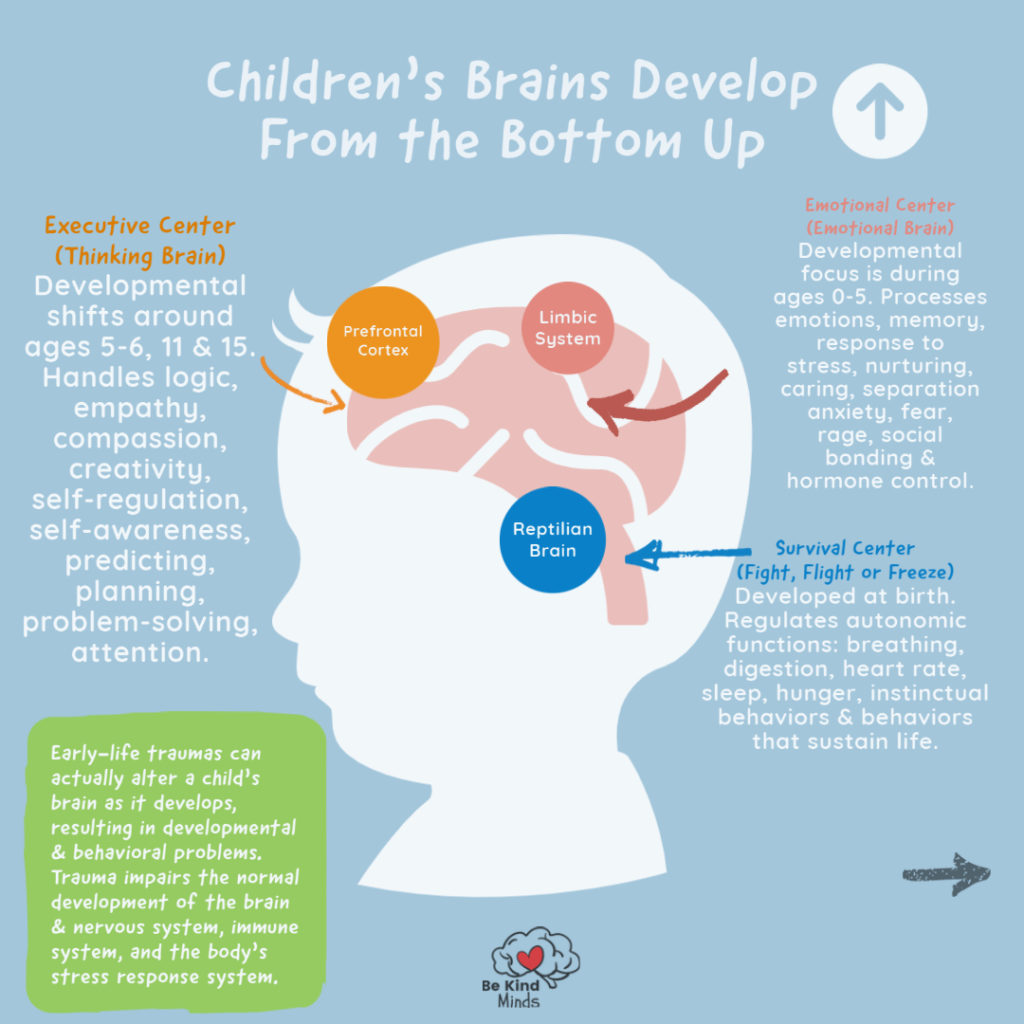
This is why everything that we do, and say, matters a great deal. It is best for us to take every opportunity, whether it be us doing something good – or when we make mistakes, to model behavior for them.
“Parents should use an apology as a learning opportunity. If we word the apology correctly, each mistake we make can teach young children how to be reflective and take responsibility…
– Lynn Zakeri, a former elementary school social worker…
I haven’t met a mom yet that hasn’t yelled at their kid when she was stressed out and running late…you can explain by saying,
“I didn’t like the way I acted. I’m sorry that I was kind of hard on you this morning. I was stressed. It’s important that I get to this meeting on time. I will try harder to not yell next time.”
Apologies explain how the situation occurred and that you did not intentionally hurt their feelings.”
Why It’s Worth Learning How to Say The Difficult Words
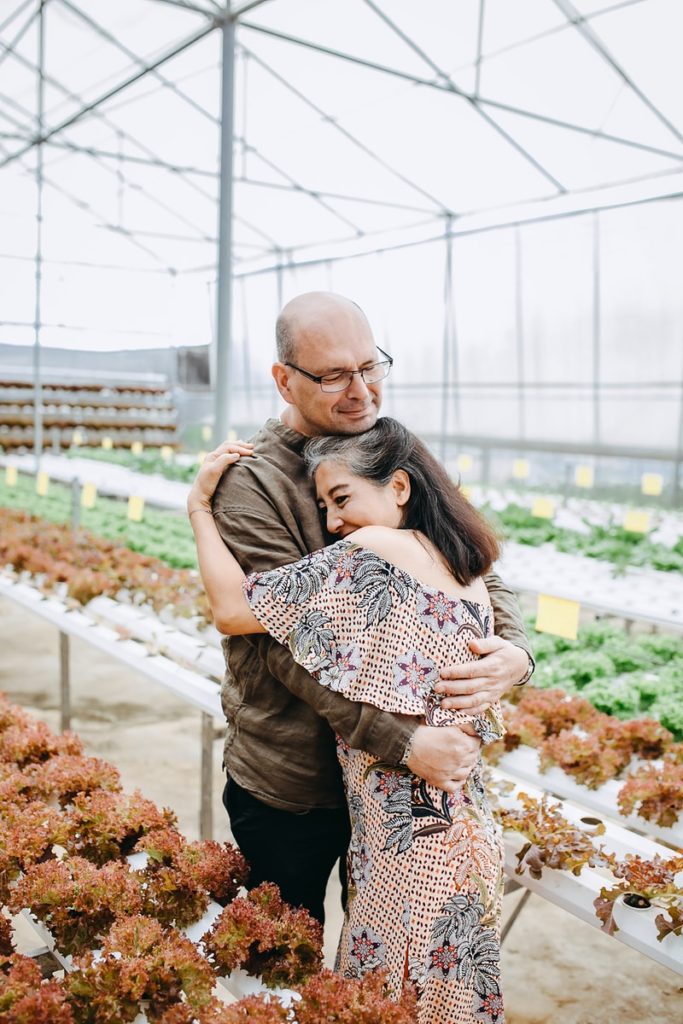
I know it’s hard. It doesn’t come easy for everyone. You may even feel that it’s too late because your children are all grown now… but it’s never too late. Even in their adulthood, children are always influenced by their elders. Making changes now shows them what is possible for them when they’re your age. Your example always makes a difference. Your influence doesn’t stop after they leave the home.
Building Trust
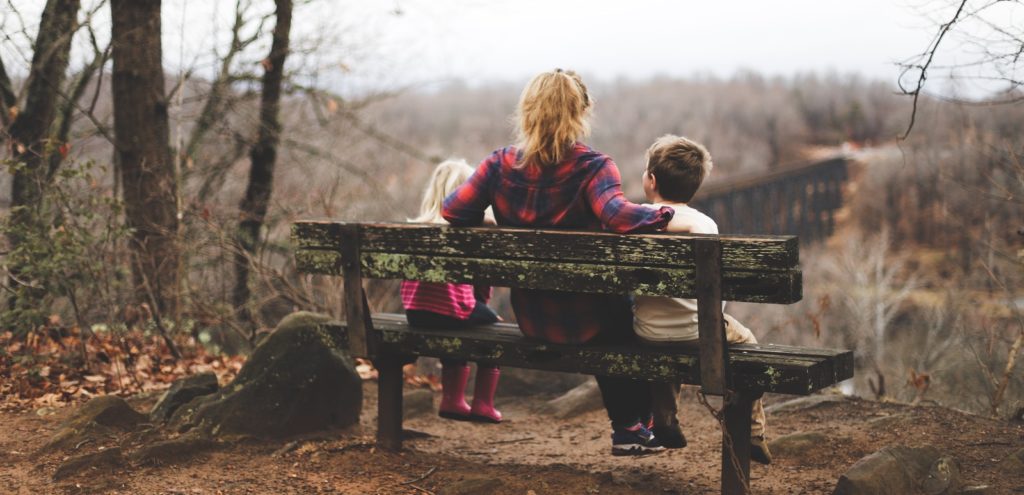
When you express that you were wrong, you’re building trust with your children by letting them know that you’ll stand firm when they need to be corrected, BUT, you will also acknowledge when you’ve made a mistake.
You Set The Example
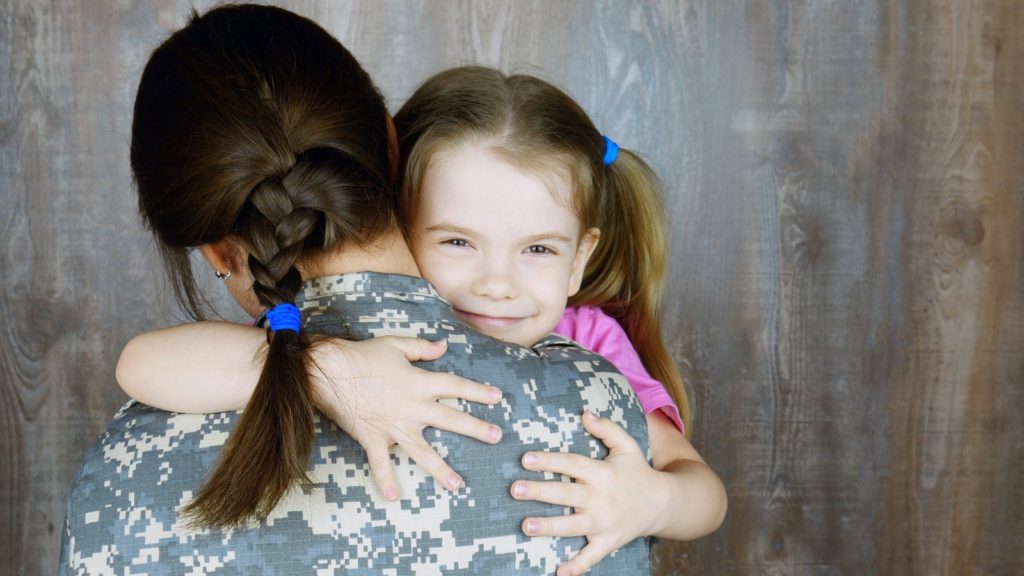
It’s never easy to be vulnerable. Some have an easier time opening up – but even for them, it isn’t a comfortable thing to do. But it is always possible, and it always comes with a reward, even if it isn’t immediately obvious what the reward is. Our children watch everything we say and do, and they take mental notes. When they see your moment of bravery and vulnerability, it gives them permission to do the same. It helps them build self-awareness, self-confidence, and feel empowered that no matter what they do, even when they make a mistake it is possible to self-correct – because they see how in your example.
I feel the most important lesson from being an example of how to say sorry, and be vulnerable in saying it, the lesson in it for them, is that you can always be worthy of love, even when you’re imperfect in life.
How to Move Foward

When you apologize to your child, you actually strengthen your bond by validating your child’s feelings; teaching them that mistakes are okay as long as you ‘own them’. It isn’t just the words you say that are important – they are very important – it is also taking action on self-correcting. Changing your behavior immediately, or overtime. As you move forward in correcting your behavior, you can continue this lesson in being an example by in the moment of catching yourself saying, “Agh! I just noticed that I did it again. I am sorry. Let me try again.” You’re not weak by doing this, you’re showing them that it’s OK to be imperfect as you try your best to be your best. 🙂
Template to Help You Say “I’m Sorry”
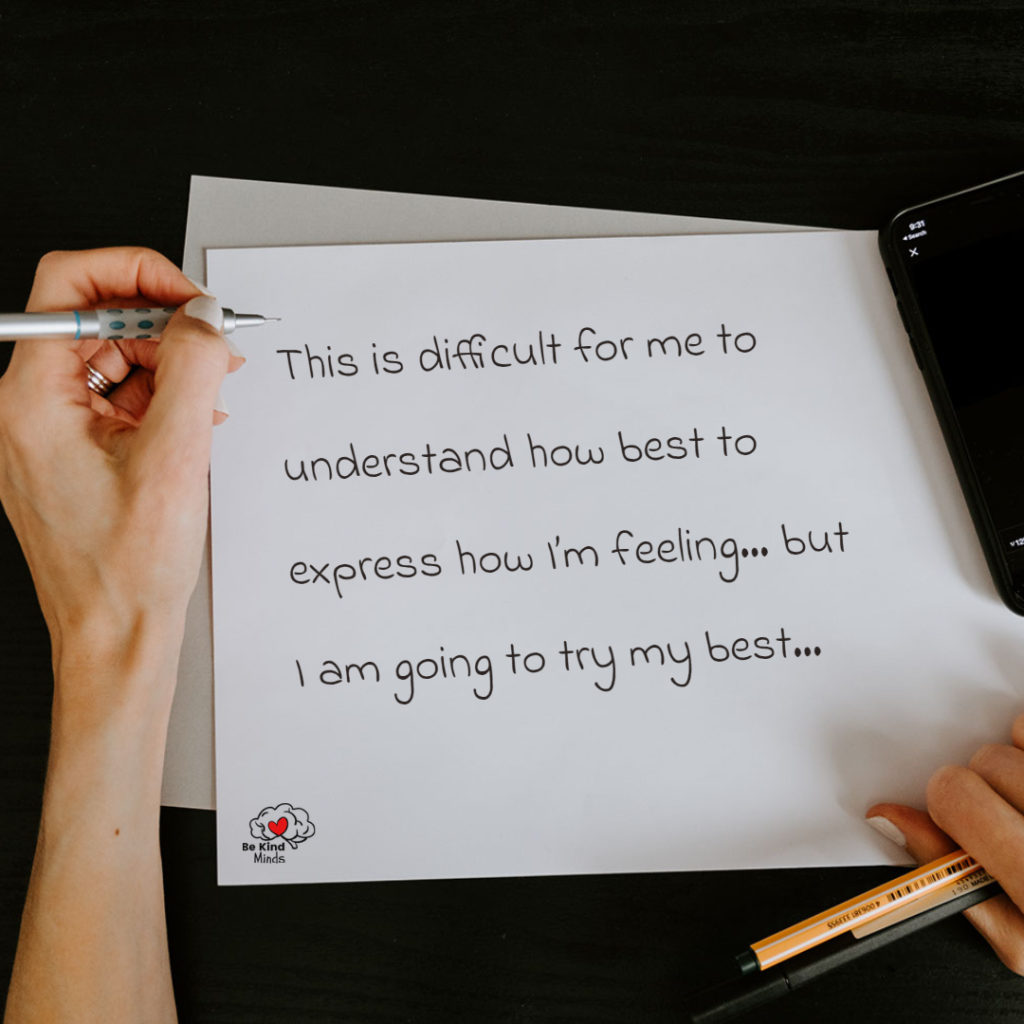
Below are a few examples you can copy & paste to use as a template to help formulate your apology.
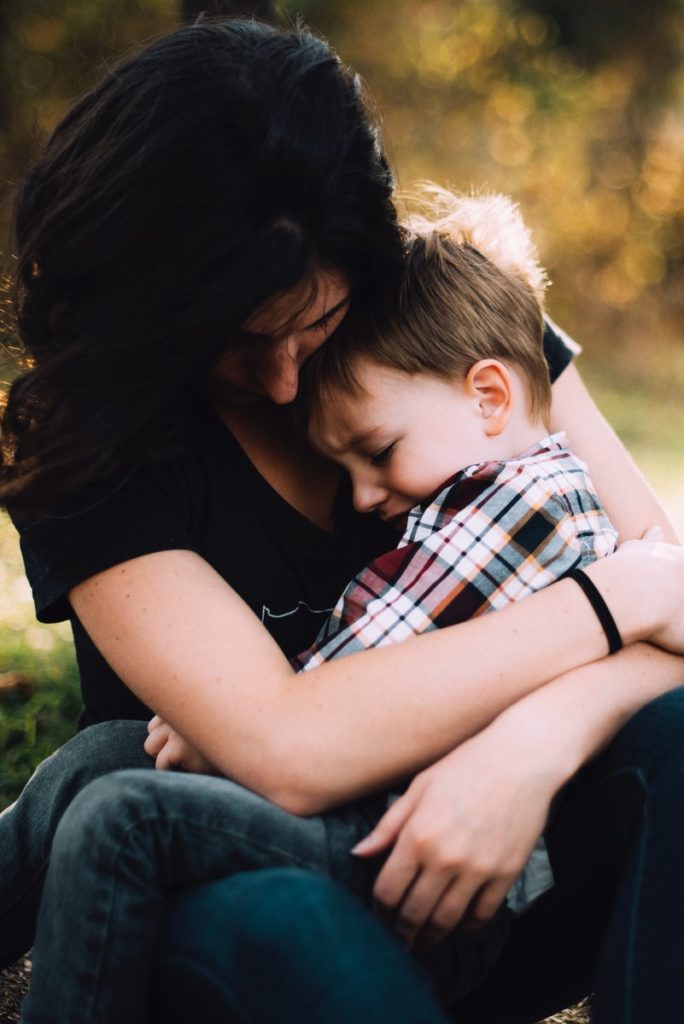
In-person is usually best, because it gives the still developing child an opportunity to use all their senses to experience your modeling behavior. It also gives you a chance to express yourself in a way that they will receive the message with sincerity and not risk misreading or misinterpreting a written apology.
However, the benefits to a written apology, moreso for an older grown child, is a tangible written word they can revisit and read again as a reminder of your brave example in being vulnerable.
Both in-person, and written apology will help make it real and meaningful.
I Wish I Didn’t Say What I Said Template
What I said earlier, was wrong. I can see that it really hurt your feelings, and I don't like the way that I behaved. If I could go back in time, I wish I could have worded my feelings differently.
Sometimes when I get scared, my emotions get big and I don't always have the control I should when I react to what's happening.
Unfortunately for us both, I expressed my feelings in a hurtful way. The next time I get overwhelmed with my feelings I am going to try my best to control how my words come out and have them be more kind words. I am very sorry.Even Though I Feel I Did Nothing Wrong, I Do See That Your Feelings Are Hurt
I see that our discussion lead to your feelings being hurt. I never intend to cause you hurt feelings. When I do, and I do see that this time I did, I feel very badly.
I wish difficult discussions weren't so uncomfortable to have. I hope you understand that I do try my best as a parent to lead you in the right direction that I understand to be the right way. Some day you will be old enough to make decisions in life all on your own, and I hope by that time I have taught you, and shown you enough good that life will be easier for you to manage.
I do see that sometimes what I say causes you frustration, and at times, hurt feelings. It pains me to see that I am a part of what causes you pain at times. If your feelings continue to weigh heavy, I do feel it's important that we both continue to share what is on our heart and mind, and perhaps we can come to a compromise where we both feel satisfied, heard, and understood.
The most important thing to me is that you always feel safe sharing your honest feelings with me. If there is anything I can do better to help you feel safe sharing openly and honestly with me, please let me know and I will try to make those changes to help you feel more comfortable sharing.
I love you so very much, and your feelings always matter to me.I’m Working On Changing A Bad Habit Template
Today I behaved in a way that I know that I told you before that I wouldn't do anymore. I do find myself needing to apologize for this often, and it frustrates me as much as it might frustrate you. I am very sorry. I wish I understood why it's been so difficult to change this behavior in me. I feel very badly when it happens.
As you get older you will find that some personal habits in us are harder to change than others, but the important thing is that we don't give up trying to do better just because it's difficult.
Just because it's hard to change doesn't excuse that the behavior can be hurtful. I do see when I behave this way that it hurts your feelings.
When habits persist in being difficult to change, I've learned that sometimes it's important that we reach out for help, and I am actively seeking for help from others to improve myself so I can show up in the way you need me to.
I will continue to do my best to change, and I am very sorry for the hurt that my behavior caused you.I Should Have Said These Words A Long Time Ago Template
Sometimes life leads us to memories of the past we wish we would have understood much earlier.
There is a memory of you and I that has been weighing heavy on my heart for sometime, and I should have said this to you much earlier in your childhood.
You have been in need of an apology unsaid, for too long, from me, and possibly from others.
In this memory I recall the times you ran up to me to ask me if I wanted to play. I told you "no" each of these times, because I wanted to chat with the adults.
Looking back now, I see a child who was looking for a safe way to be seen. Someone to see her need for a friend and confidant.
I wish I had been more wise in seeing your need for an adult to notice you, listen to you, and have not been so caught up in wanting to be around the adults and discussing whatever felt more important to discuss at that time.
Looking back, I see that your needs were the most important each time. I understand now that kids don't always know how to say "I need [emotional] help!" They say, "Do you want to play with me?".
Even today, I still don't get things right. I miss the signals you give, I don't always receive your messages correctly, and my feelings at times cloud my judgement in what I say and how I behave, when I should be paying better attention to how you're feeling.
I want to say sorry for all those moments I didn't see you the way you needed to be seen. I want to do better, and be better, and I hope that you can forgive me for my imperfection as I wish as we often do, to be more perfect at seeing one another's needs.
Your feelings always mean a great deal to me, I hope you can know and remember how much I love you, as I continue to do my best to show you how much I do.If you found this article helpful, or you feel this article could help someone in your life, please feel free to share this page with your friends. If you have any further insights on saying sorry, or if you have a meaningful example from your own life of a parent apologizing to you, please share in a comment below. 💚
